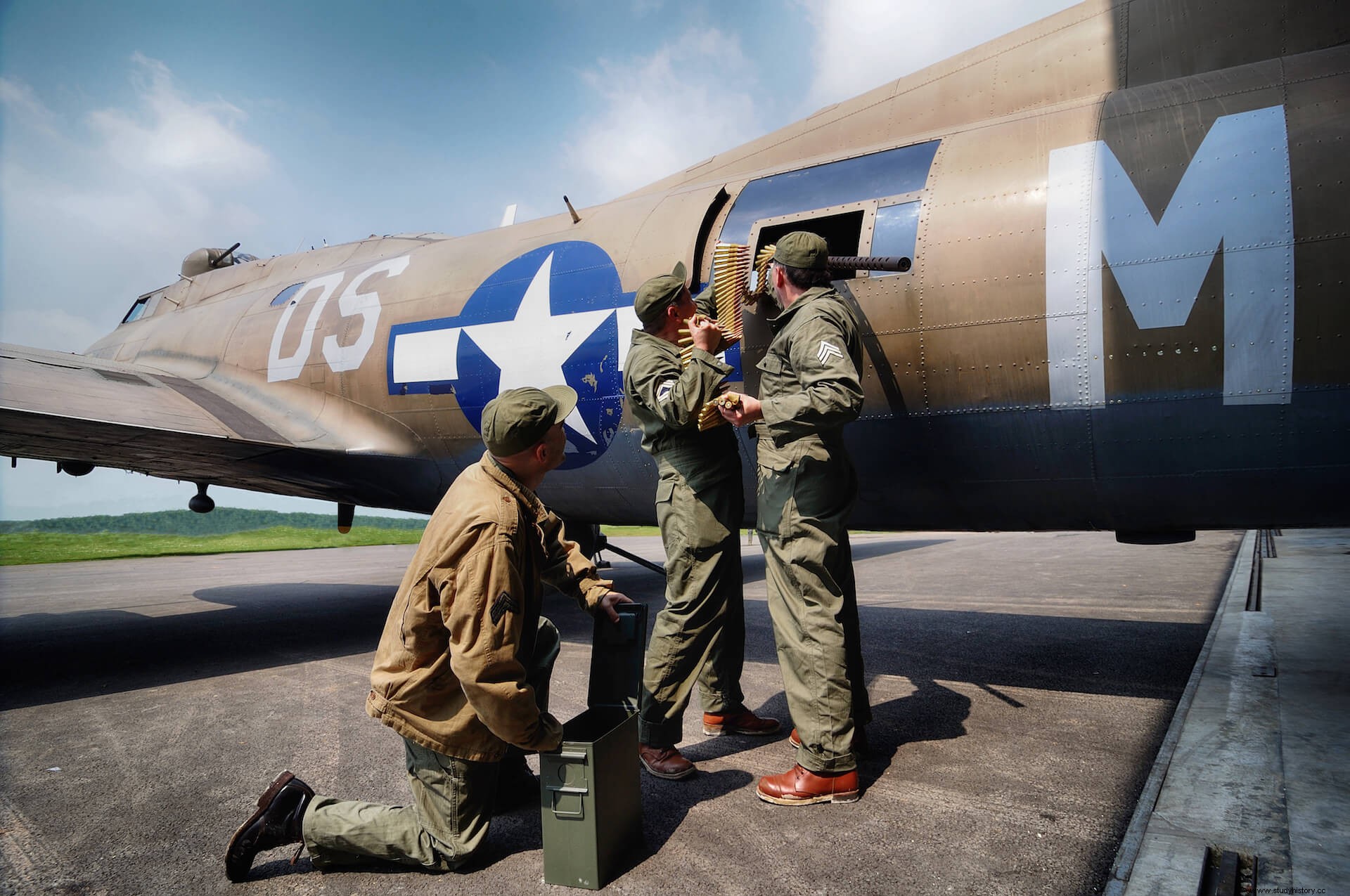
Let's start by defining what is for you the concept of memory, so hackneyed that it risks losing its meaning.
And why specifically Basques? What differentiates the Basque diaspora from other communities of Spanish emigrants?
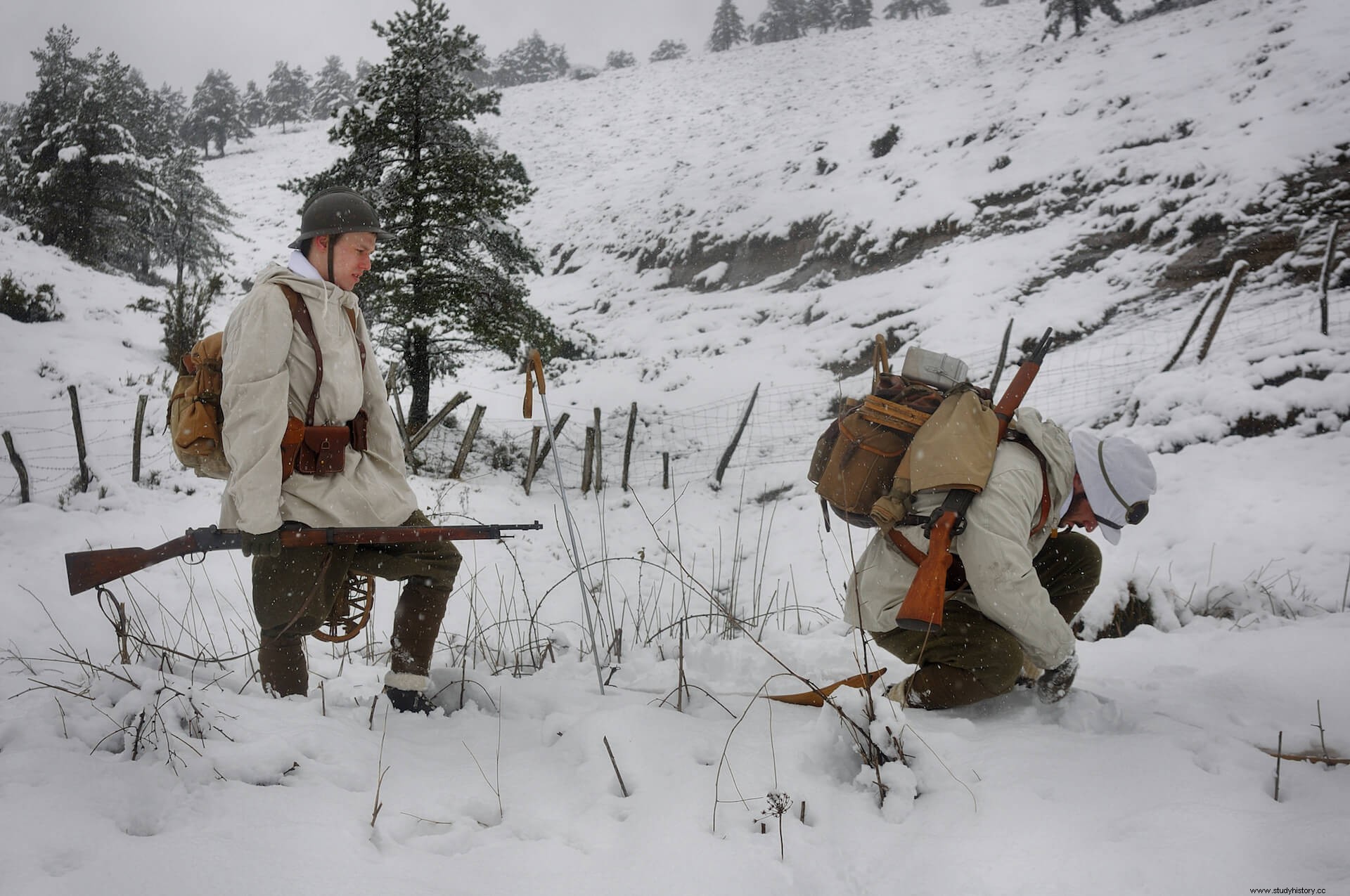
In this sense, what do we Can local history, of a community or even the history of particular individuals, contribute to the perception of an event as vast as the Second World War?
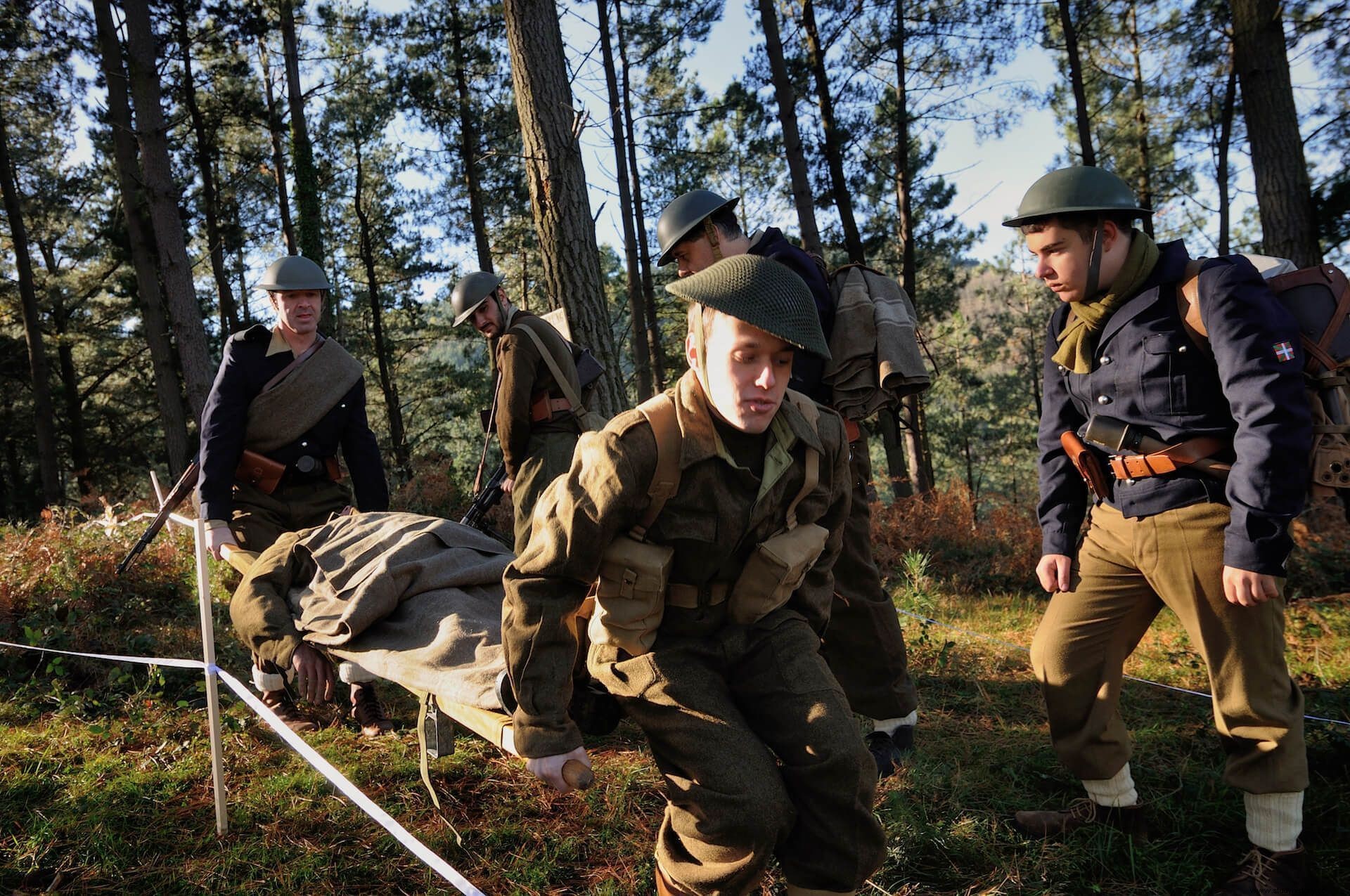
What has been your method of work when it comes to locating and working with sources, be they documentary or oral? Can you tell us about the specific case of a World War II veteran with whom you have been able to work?
The book develops the main military operations of the Second World War in which Basque combatants participated (El Alamein, Narvik, Leningrad, etc.), has been difficult to rebuild such participation?
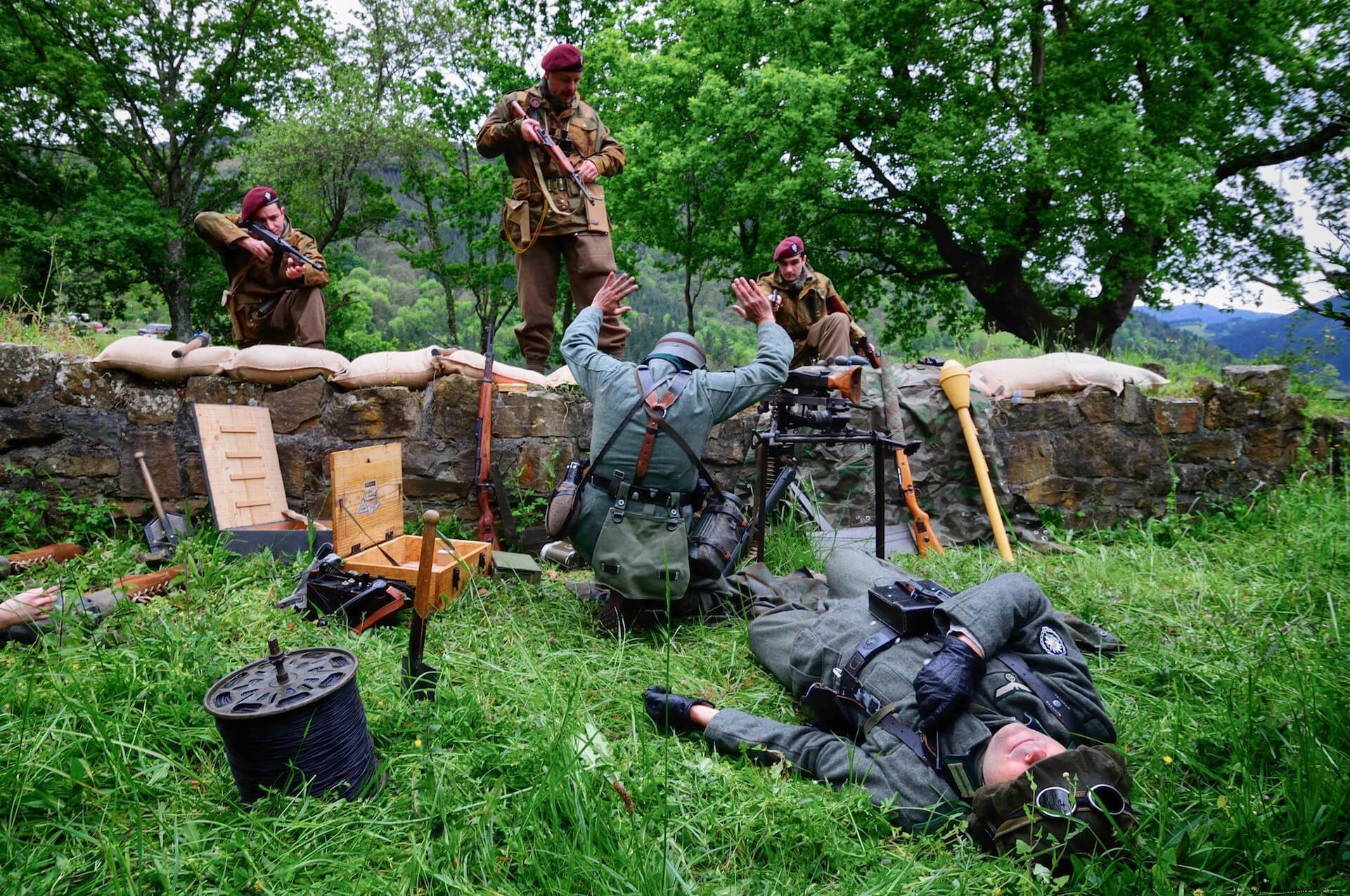
Apart from the investigation, you illustrate your work with spectacular photographic reports by Jesús Valbuena Maeso of historical recreation scenery. What do you think recreation brings to your work in particular and to the dissemination of history in general?
I know that you are extremely perfectionists and that in these historical re-enactment sets you take maximum care of detail. Tell us about the process of preparation, development and execution of each of them, and how long it can take you.
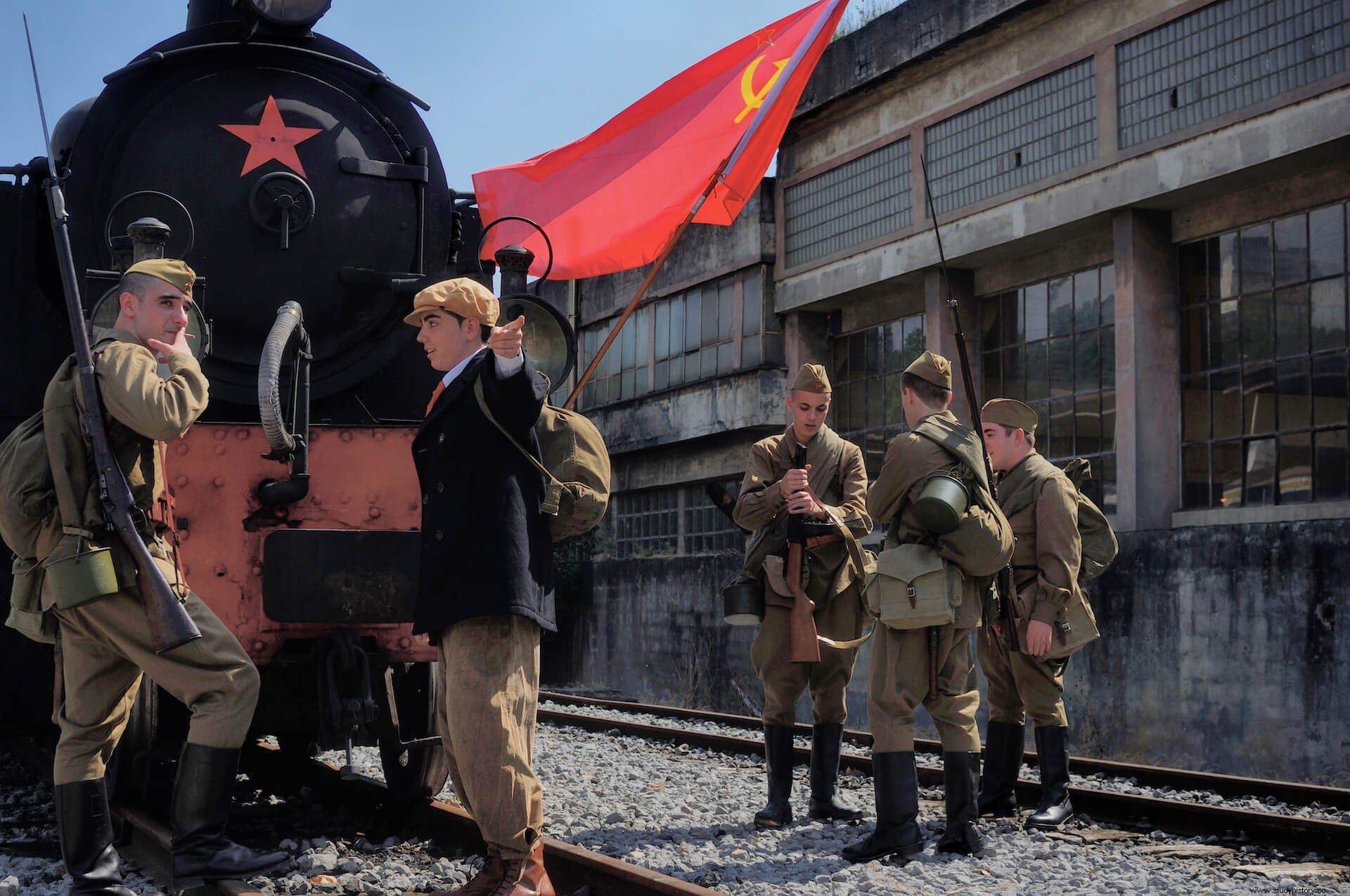
What stage is your project, the Fighting Basques Project?
We have talked about research work with communities of Basque descendants in different countries, about the acquisition and manufacture of materials for historical reconstruction sets… Initiatives that we understand cost a lot of money And they involve many people. How do you finance your project?
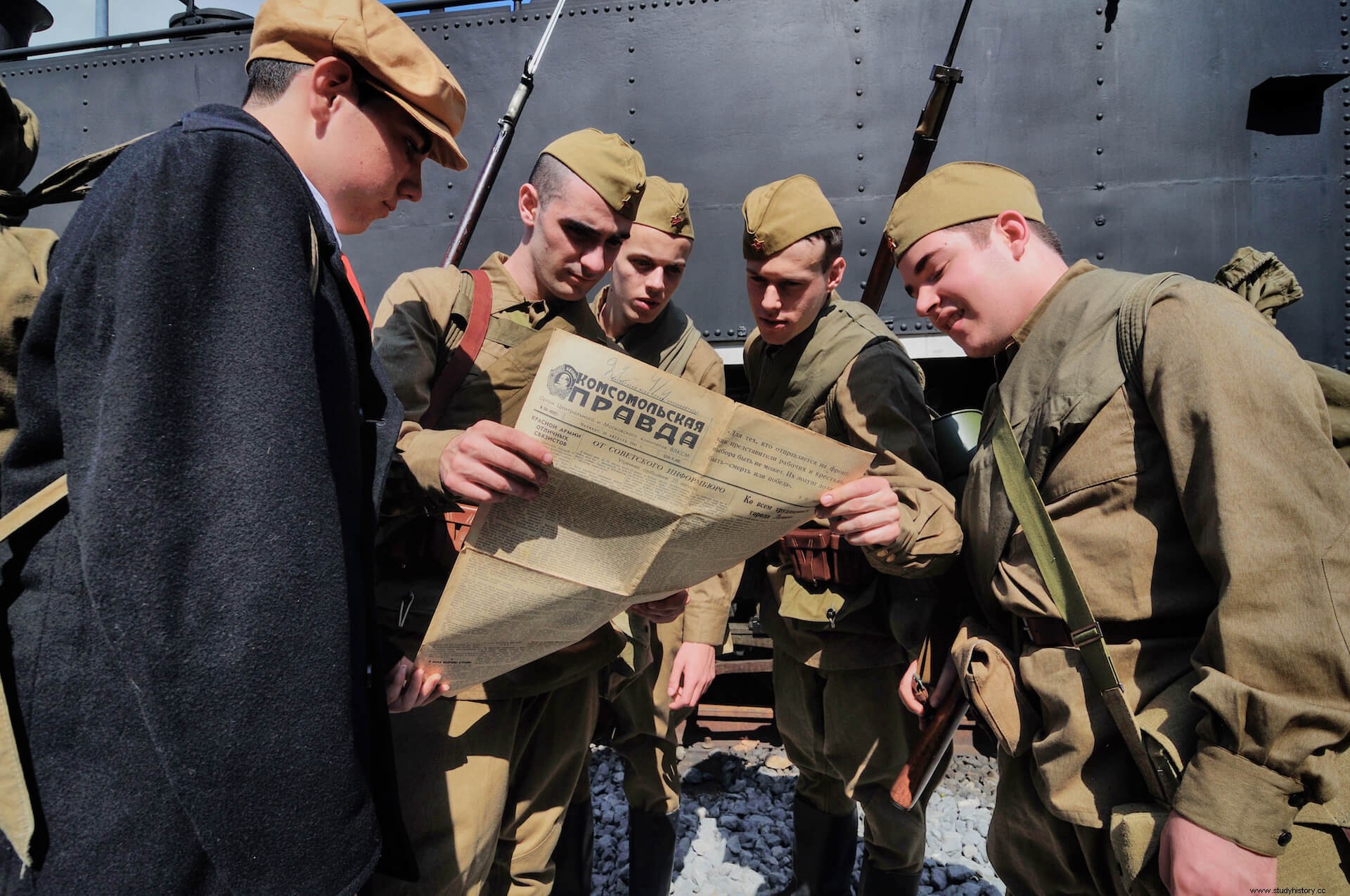
And finally, aside from Basque fighters in the Second World War What other initiatives or projects are you working on at Fighting Basques Project?
Without further ado, we invite all our readers to the presentations of Basque combatants in World War II , which will take place next Thursday, September 27 at 7:00 p.m. at the FNAC in Bilbao (C/ Alameda Urquijo – Urkixo Zumarkalea 4), on Thursday, October 25 at 7:00 p.m. at the FNAC in Donostia (C/ Urbieta, 9) and on Thursday, November 8 at 6:30 p.m. at the Elkar in Vitoria-Gasteiz (C/ San prudencio, 7) with the presence of Guillermo Tabernilla, Jesús Valbuena and Prof. Pedro J. Oiarzabal from the University of Deusto.
